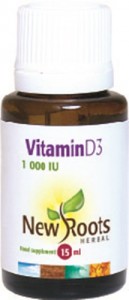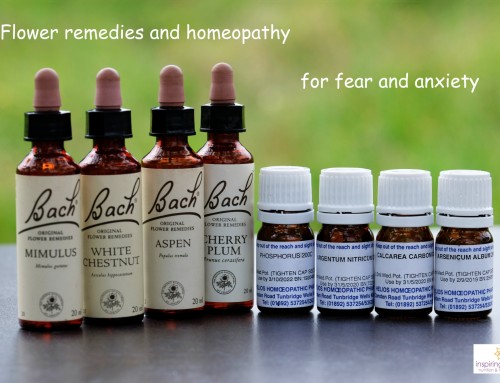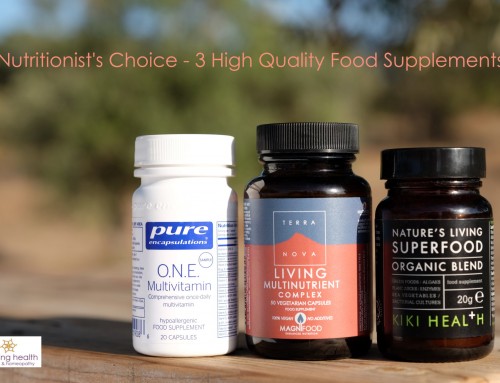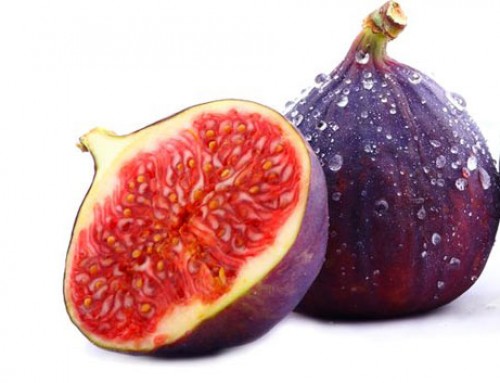There are many supplements which have the potential to help us resist COVID-19 by strengthening our immune system. This article will focus on the role of Vitamin D in immune health as well as guidance for testing and supplementation.
Vitamin D has been one of the most extensively researched Vitamins in recent years and it has become clear that the role of Vitamin D on human health is significantly more far reaching than originally thought. Based on these findings, Vitamin D is now classified as a pro-hormone as well as an essential vitamin. Vitamin D receptors have been identified within most body tissues and lack of Vitamin D is connected to many chronic diseases. In fact, research suggests that optimal levels of Vitamin D may be protective against diabetes mellitus, osteoporosis, osteoarthritis, hypertension, cardiovascular disease, metabolic syndrome, depression, several autoimmune diseases, and cancers of the breast, prostate, and colon.
Vitamin D – Effects on The Immune System
Vitamin D influences multiple aspects of our sophisticated immune system and Vitamin D Receptors have been identified in immunological cells. It is, therefore, not surprising that people often succumb to influenza and cold viruses at the time when Vitamin D levels are at their lowest due to seasonal changes. There is an abundance of research supporting the role of Vitamin D in a healthy immune response. Several reseachers have demonstrated the protective effect of Vitamin D against infectious diseases. However, it is also important to note that there are also some contradictory findings. This is hardly surprising considering the sheer volume of research that has been conducted into Vitamin D. This is a summary of some of the research:
- Vitamin D helps to keep the immune system in balance. It enhances the immune response to infection whilst also helping to protect against autoimmune disease.
- Children who have vitamin D-deficiency rickets are more likely to get respiratory infections, while children exposed to sunlight seem to have fewer respiratory infections.
- A 2009 study concluded that individuals with respiratory tract diseases, such as asthma, who have low serum 25(OH)D levels may be even more susceptible to Respiratory Tract Infections. They also noted that Vitamin D supplementation may reduce the incidence of Upper Respiratory Tract Infections and exacerbations of respiratory tract diseases
- A randomised controlled trial in Japanese school children tested whether taking daily vitamin D supplements would prevent seasonal flu. Supplementation with 1200 IU vitamin D3 between December and March showed a significant preventive effect against influenza A, although no significant difference was observed for influenza B.
- A Meta-Analysis pulished in the British Medical Journal in 2017 found that Vitamin D supplementation was safe and it protected against acute respiratory tract infection. Patients who were very vitamin D deficient obtained the greatest benefit.
Vitamin D – The Sunshine Vitamin
 Vitamin D is often referred to as the sunshine vitamin as it is primarily synthesised in the body from sunlight. Vitamin D (cholecalciferol) is formed in the skin following exposure to sunlight. It then travels in the blood to the liver where it is undergoes the first stage of conversion. It’s final transformation into 1,25-dihydroxyvitamin D (calcitriol) takes place in the kidneys.
Vitamin D is often referred to as the sunshine vitamin as it is primarily synthesised in the body from sunlight. Vitamin D (cholecalciferol) is formed in the skin following exposure to sunlight. It then travels in the blood to the liver where it is undergoes the first stage of conversion. It’s final transformation into 1,25-dihydroxyvitamin D (calcitriol) takes place in the kidneys.
At this time of year, Vitamin D reserves are already at their lowest due to seasonal changes. Current cirumstances may lead to further depletion of Vitamin D levels because many people in quarantine have extremely limited exposure to sunshine (especially people whose homes do not have any outside space). The sun’s UVB rays are not able to penetrate through windows, so Vitamin D can not be synthesised whilst indoors.
Vitamin D synthesised from sunlight is far greater than could be obtained from dietary sources alone because few foods are rich is Vitamin D. For example, about 30 minutes midsummer midday sun exposure in Oslo (to the whole skin surface) is equivalent to taking between 10,000 and 20,000 IU vitamin D orally To put this into context, a 3oz portion of salmon contains 570 iu, half a cup of mushrooms exposed to UV light* contains 366 iu and 1 egg contain 44 iu.
* Mushrooms are the only significant non animal dietary source of Vitamin D. However, mushrooms cultivated in the dark contain considerably less Vitamin D than those exposed to ultraviolet light. This is because, like humans, mushrooms synthesise Vitamin D from sunlight. Most fresh retail button mushrooms sold in the UK and Europe contain negligible amouts of Vitamin D as they are usually grown in the dark. In contrast fresh field mushrooms such as funnel chanterelle (Cantharellus tubaeformis (Bulliard) Fries), Cantharellus cibarius (Fries) and Boletus edulis are rich in Vitamin D. Sundried mushrooms also provide increased levels of Vitamin D. A Review of Mushrooms as a Potential Source of Vitamin D )
Testing
Vitamin D testing is often included in routine blood tests. However, it is also possible to have your Vitamin D tested privately through a home test kit. I recommend www.vitamindtest.org.uk *
* I do not have any affiliation with this lab or earn any commission from recommending the test.
Whilst this test is accurate, the reference ranges are set quite low. You may wish to refer to the section below to help with the interpretation of the results.
Interpretation Of The Results
Reference ranges regarding Vitamin D vary widely according to the scientific literature that has been used. Unfortunately, a general consensus has not been reached, however, most medical associations agree that levels below 30 nmol/L are insufficient. According to the research of Dr Alex Vazquez most reference ranges are set too low and their research suggests the following reference ranges:
Supplements
It is always better to personalise the dose of Vitamin D based on test results and one’s state of health. In the absence of this information I typically recommend a moderate dose of 2000 iu daily for adults. As we can see from the work of Alex Vasquez, Gilbert Manso & John Cannell we can safely supplement much higher doses than this. However, I prefer not to recommend doses greater than 4000 iu daily without testing.
There are a wide range of Vitamin D supplements available. My preference is for liquids as they are pure, easy to take and the absorption of Vitamin D is facilitated by the presence of fat such as sesame, olive or coconut oil.
If you would like to order from The Natural Dispensary you can receive 15% off using code TA015
(When you use this code you are also supporting my business as I receive a small commission. This helps towards the time that I spend writing articles)
Contraindications:
Vitamin D is generally safe, however, if you have a chronic health condition, or you are taking prescribed medication, it is always best to check whether there are any contraindications.
You can find out more information about possible contraindications on this website:
https://www.mayoclinic.org/drugs-supplements-vitamin-d/art-20363792
References:
Cannell JJ, Vieth R, Umhau JC, et al. Epidemic influenza and vitamin D. Epidemiol Infect. 2006; 134:1129-40.
Beata M. Gruber-Bzura , Vitamin D and Influenza—Prevention or Therapy? International Journal of Molecular Sciences. https://www.ncbi.nlm.nih.gov/pmc/articles/PMC6121423/
J Infect Dis. 2016 Jun 15;213(12):1886-92. doi: 10.1093/infdis/jiw065. Epub 2016 Feb 15.
J Exp Ther Oncol. 2016 Jul;11(3):177-180.
https://www.hsph.harvard.edu/nutritionsource/vitamin-d/#vitamin-d-references
Nair R, Maseeh A. Vitamin D: The “sunshine” vitamin. J Pharmacol Pharmacother. 2012;3(2):118–126. https://www.ncbi.nlm.nih.gov/pmc/articles/PMC3356951/
Dawson-Hughes B, Harris SS, Lichtenstein AH, Dolnikowski G, Palermo NJ, Rasmussen H. Dietary fat increases vitamin D-3 absorption. https://www.ncbi.nlm.nih.gov/pubmed/25441954
https://ods.od.nih.gov/factsheets/VitaminD-HealthProfessional/






